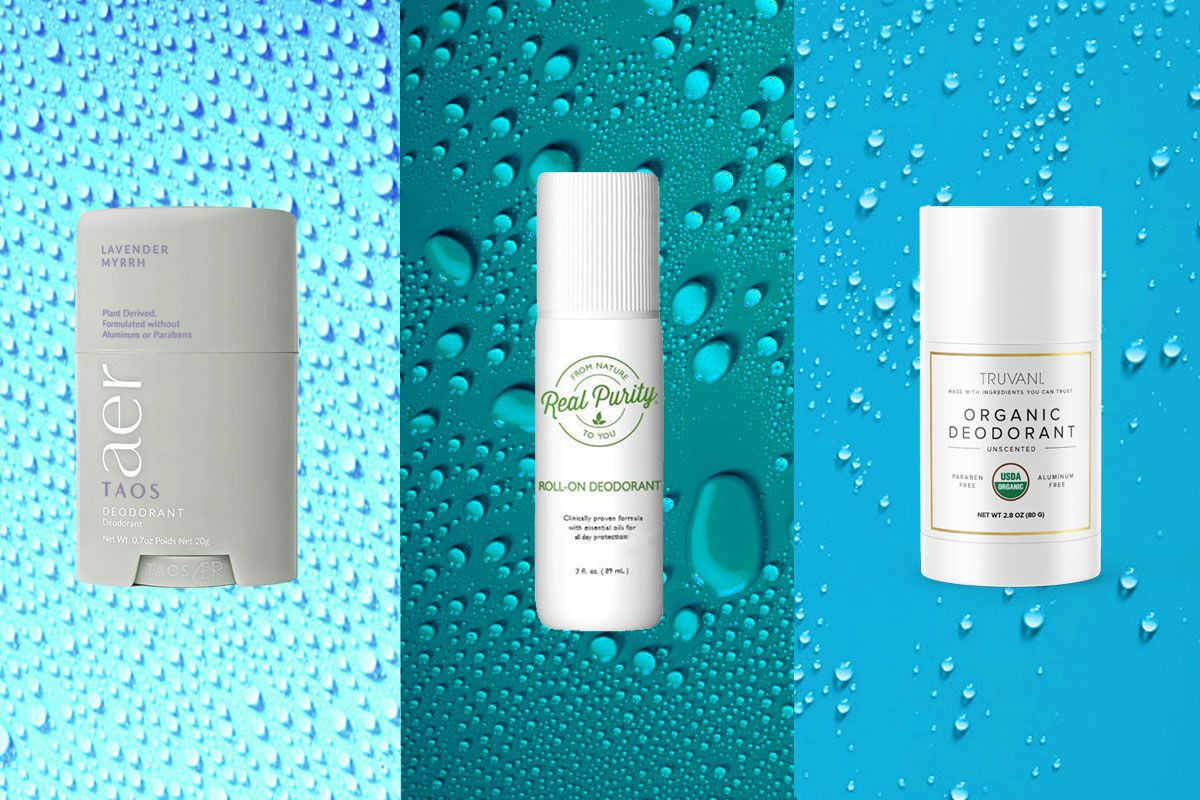Natural deodorants once seemed like the obvious choice for clean, skin-conscious lifestyle seekers. Yet as their popularity soared, so did scrutiny. From mislabelled ingredients to performance concerns, the backlash today reveals a cautionary tale about health marketing, ingredient transparency, and the tension between expectation and reality in clean beauty.
When “natural” becomes misleading
What began as a niche movement toward baking-soda–based deodorants has morphed into a booming industry. Yet many products labeled “natural” rely heavily on synthetic stabilizers, fragrance blends, or preservatives—ingredients that contradict the very promise of purity. Critics argue that marketing terminology often stretches the definition, leading consumers to believe they’re applying all-natural formulas when biochemically that’s not always true.

The problem grows deeper when simple botanical ingredients are paired with questionable carriers or opacity in formulation. Poorly regulated claims can cause irritation, allergic reaction, or diminished effectiveness—especially in sensitive skin types. In short: not everything that says “natural” actually feels or performs that way.
Skin sensitivity and performance gaps
One of the most common complaints against natural deodorants centres around instability in formula and performance. Without synthetic stabilizers, many versions lose potency in heat or humidity, leading to inconsistent odor protection. Sweat stains, residue, stickiness—these are frequent drawbacks raised by users, especially in high-activity or warm climates.
Furthermore, baking soda—often used to neutralize odor—can lead to skin irritation when left unresolved or over-concentrated, particularly under arm folds. For those with sensitive or eczema-prone skin, essential oils and botanical actives can also trigger reactions. The mismatch between clean ingredients and skin comfort has fueled frustration in the natural beauty community.
Regulation gaps and ethical marketing unmet

The soaring demand for clean beauty exposed a gap in labeling governance. While some brands embraced third-party certifications or transparent sourcing, others leaned into flexible terms like “naturally derived,” “organic blend,” or “sustainable.” Without standard enforcement, even seemingly minor crossover in language—like using plant-based labels alongside synthetic aroma agents—has invited scrutiny.
Consumer watchdog groups and beauty journalists have spotlighted companies that marketed primarily on clean ethos while using questionable preservation systems or fragrance systems. These inconsistencies lead to confusion, eroding trust. The backlash isn’t just about ingredients—but about accountability in claims.
How to choose a natural deodorant that works
Not all backlash is justified—or universal. Some botanical deodorants rely on carefully balanced ingredients, user-tested formulas, and packaging that prioritizes breathability. To choose a reliable option, look for:
- Ingredient clarity: full disclosure of preservatives, essential oil concentrations, and deodorizing agents.
- Patch testing: ensuring compatibility before regular use, especially with bicarbonate or citrus oils.
- Stability: packaging that avoids heat degradation (e.g., silicone-free sticks, glass roll-ons), and brands that document shipping/interval performance.
- Performance benchmarks: third-party reviews or user studies that highlight odor neutralization and residue levels over time.
Natural deodorants can offer low-irritation, scent-light alternatives—if you choose wisely and temper expectations.
The trend’s larger lesson? Demand more integrity
The backlash doesn’t signal the end of natural deodorants—it signals a demand for maturity in how clean beauty brands communicate progress. Many early adopters of the movement sought wellness and sustainability, but what they increasingly demand now is accountability.

Successful brands are responding by offering full transparency, ingredient breakdowns, batch-testing results, or even refillable systems that feel more aligned with their claims. In essence, functionality has caught up to ethics—and standards are being rewritten.
Natural deodorants may still win the day for sensitive skin or minimalist palettes—but only when they deliver both in transparency and efficacy. For consumers, the takeaway is simple: read the fine print, test carefully—and trust fragrance-free clean does not automatically mean problem-free care.




